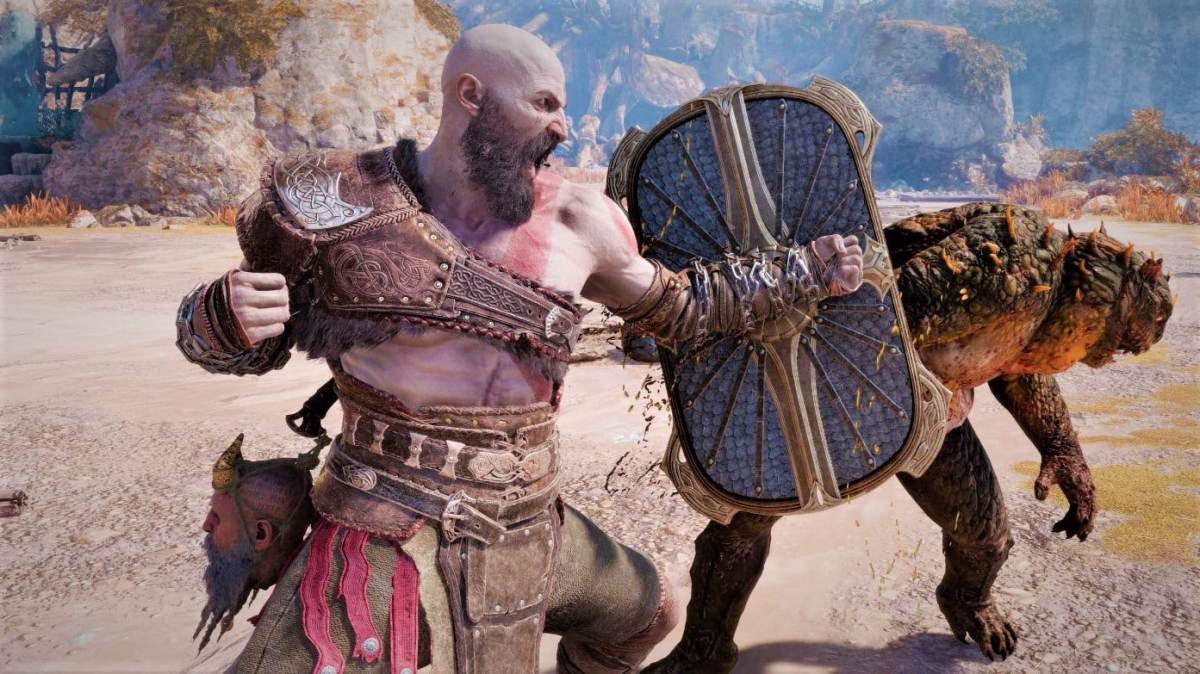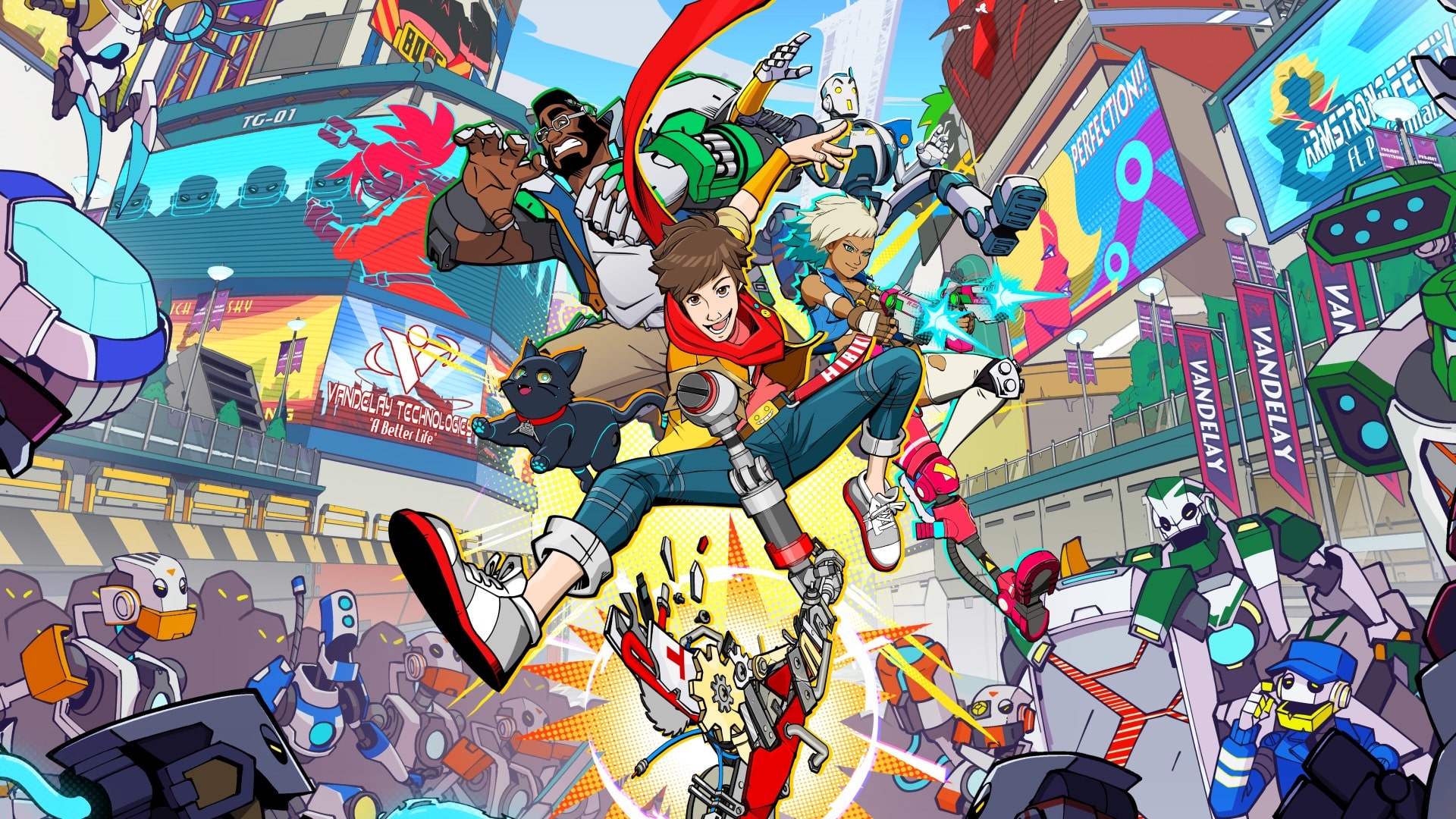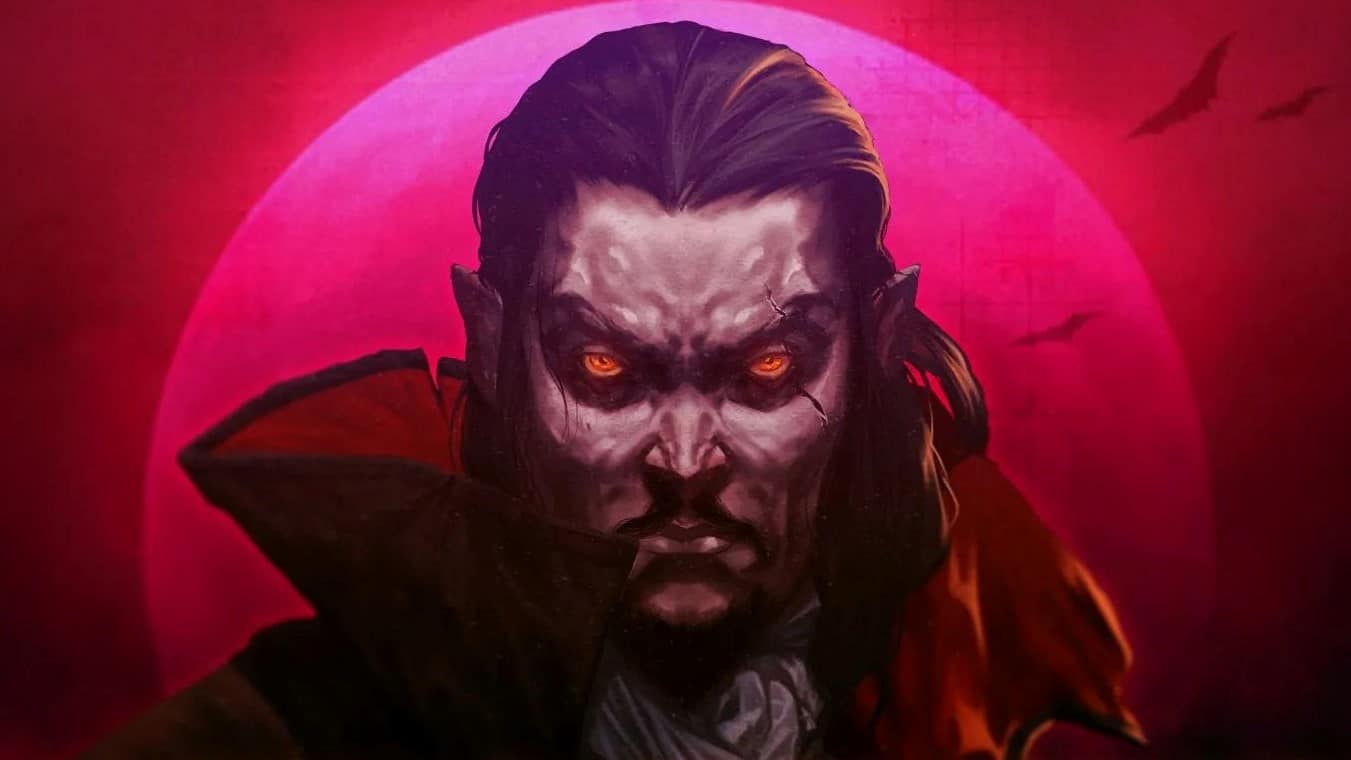The death of iconic video game hero Kratos was sadly foretold in God of War (2018). Many expected the foreboding prophecy of this game to ring true in God of War Ragnarok, the direct sequel that continued the journey of Kratos and his son, Atreus. But while threats were present in every part of this adventure, developer Santa Monica Studio held back on this predicted fate.
Warning: Light spoilers for God of War Ragnarok follow.
That wasn’t always going to be the case, according to Matt Sophos, narrative director of Ragnarok. Speaking to MinnMax, Sophos confirmed intense deliberations at Santa Monica about whether Kratos would actually die in Ragnarok.
In one early draft of the game’s narrative, he did die – at the hands of Thor, god of thunder.
‘There was the earliest, earliest draft of an outline that we had come up with … Kratos died in the Thor fight at the very beginning of the game,’ Sophos told MinnMax of Ragnarok‘s initial draft. ‘He was going to die, and then it wasn’t a permanent death. What was going to happen … he would get pulled out of Hel, essentially, by Atreus … 20 years have passed. It was going to be a big “time jump” type thing.’
Read: God of War Ragnarok’s ending folded, when it should’ve gone all in
According to Sophos, the direction was later shifted, as the team didn’t want to dampen the impact of death in the series. If Kratos were to die, and then suddenly be resurrected with few consequences, the dire prophecy of the prior game would have felt throwaway. No death is better than a cheap death – and it appears Santa Monica came to this realisation early in the narrative development process.
‘Eric [Williams, game director] was like, “I don’t want to do that, Kratos has died and come back from it too many times”,’ Sophos explained. ‘The hook, the emotion, wasn’t really going to be there. He was absolutely right and so, that’s why it didn’t last very long.’
The decision also had a major impact on the overall message of the game: that fate is not locked in stone, and that ‘nothing is written that can’t be unwritten’.
‘As long as you’re willing to make changes in your life then you’re not bound to fate,’ Sophos explained. ‘When we landed on that, when we know that was the story we wanted to tell. We knew that Kratos couldn’t die.’
Rather than focussing on his death, and the rigid nature of prophecy, the team wanted an uplifting narrative – one that spoke to the power of evolving, and the rewarding nature of choosing your path forward, despite the consequences.
Going off the beaten track to tell a new story and subvert player expectations allowed Ragnarok to grow into an award-winning blockbuster now sweeping game nominations and hearts worldwide.
You can check out the entire MinnMax interview with Matt Sophos here.
GamesHub has affiliate partnerships. These do not influence editorial content. GamesHub may earn a small percentage of commission for products purchased via affiliate links.





